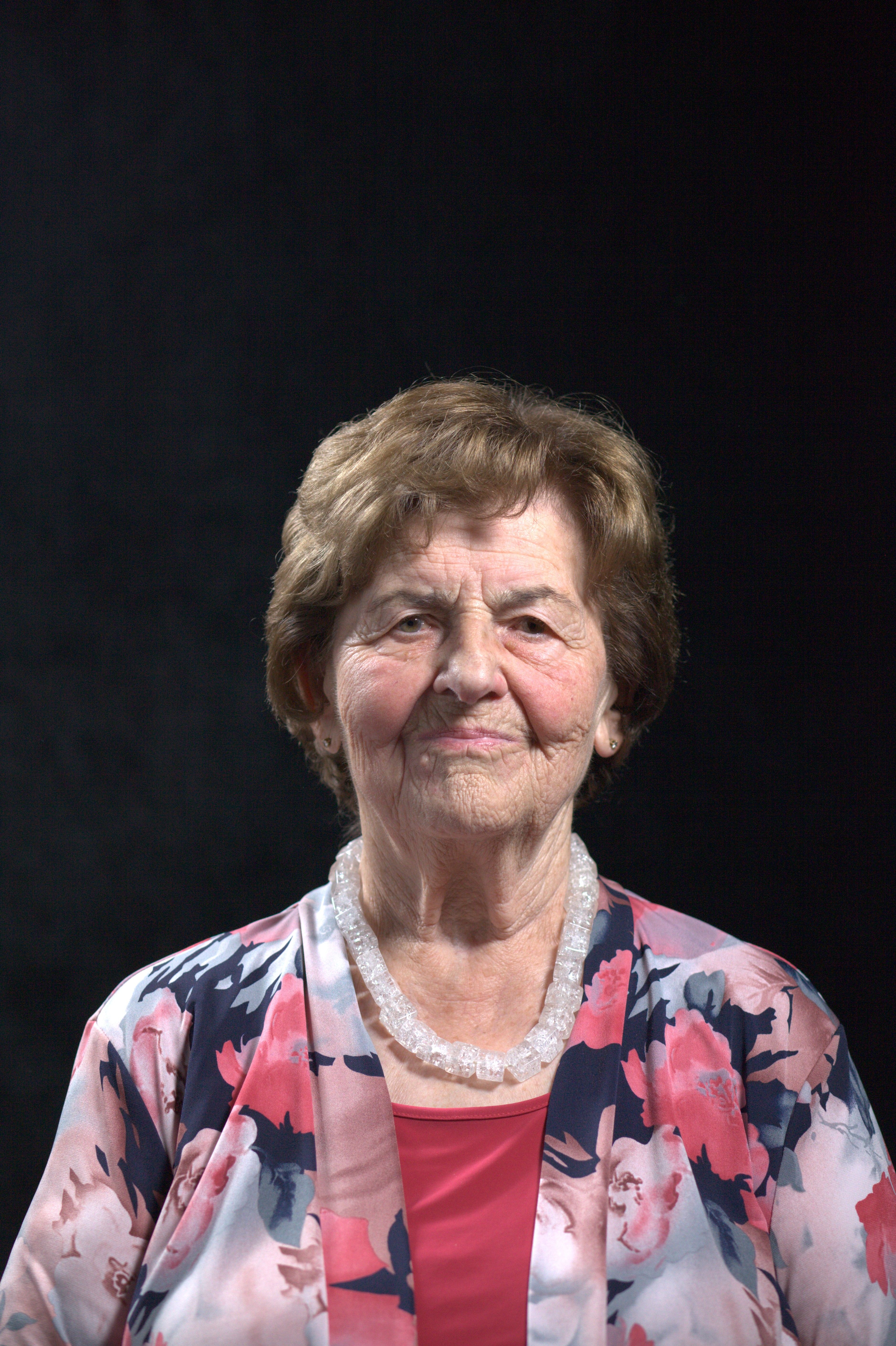We wanted to take a family tombstone to Germany. But it‘s irretrievably gone.

Stáhnout obrázek
Margareta Schmitt was born on 18 March 1936 in Šneky (Schnecken) near Františkovy Lázně into a large German family of grocers, Anna and Josef Kremling. In the autumn of 1938, her father sent her mother and children to Plauen in Saxony out of fear for their safety, but as no fighting took place, they were soon able to return. Children were generally expected to be members of the Hitler Youth during the war, so Margareta, at the age of ten, joined the girls‘ equivalent of the organization. She recalls mostly sporting activities in that context, but also training in the use of the Panzerfaust. Margareta‘s father joined the Wehrmacht during the war and was taken prisoner in France, her eldest brother never returned from fighting in the USSR, and her sister died of pneumonia as an infant during the shelling of Plesná. The area was liberated by the Americans, but they soon withdrew. After the arrival of the Czech soldiers, the Kremlings were confined to one room in their house, while little Margareta was involved in smuggling German property across the border to Bad Brambach. In July 1946, the Kremlings were deported via the Cheb camp to Eichenzell, West Germany, where they met her father. He was an active member of the Ackermann Gemeinde throughout his life, which, among other things, organized help for persecuted Catholics in Czechoslovakia. Margareta Schmitt was also active in the youth branch of the organization.

